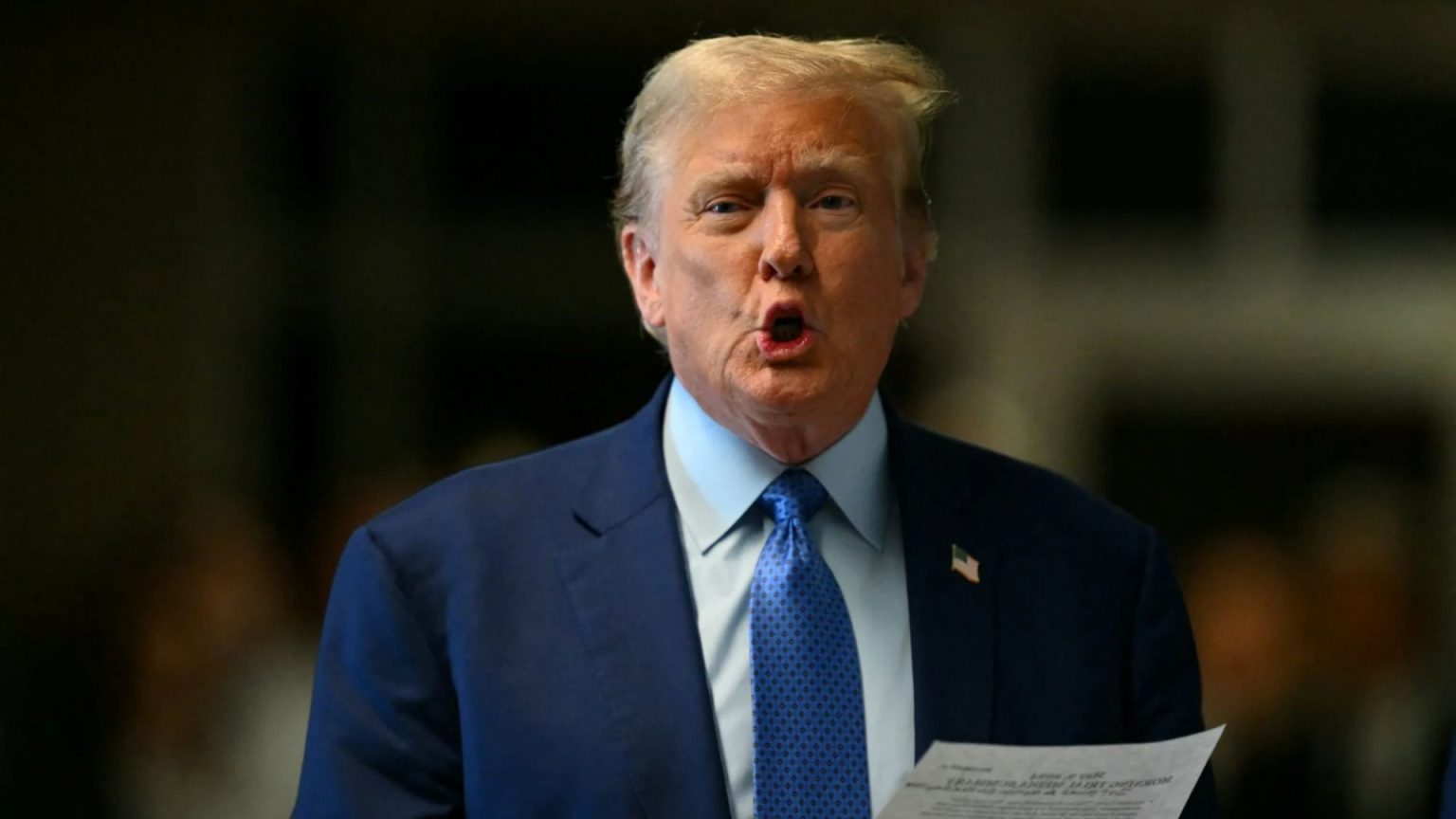Donald Trump has filed a motion to dismiss the hush money case against him after President Joe Biden pardoned his son Hunter. The former and incoming president was prosecuted earlier this year for falsifying business records regarding hush money payments to adult film star Stormy Daniels in 2016. Trump’s lawyers argue that the payments to his former lawyer were properly categorized as legal expenses. They have long argued for a dismissal of the case and are using President Biden’s pardon of his son Hunter as evidence of a corrupt justice system.
President Biden’s decision to issue a 10-year pardon for his son Hunter has sparked controversy. Trump has criticized the decision as a “miscarriage of justice,” and his lawyers are using Biden’s own comments about his son’s prosecution as grounds for dismissing Trump’s hush money case. They argue that Biden’s lack of trust in the system shows bias in the legal process. The President-elect’s sentencing was postponed to allow for further arguments over the case’s future, and Trump’s lawyers are now requesting a dismissal based on his recent election victory.
The history of Donald Trump and Stormy Daniels dates back to 2006 when they allegedly had an affair. Trump’s former attorney, Michael Cohen, is accused of paying Daniels $130,000 in hush money months before the 2016 presidential election. The case has been ongoing, and Trump’s lawyers are now arguing for a dismissal based on his victory in the recent election. They claim that holding off sentencing until 2029, as suggested by prosecutors, would be unlawful. Trump continues to deny any wrongdoing and has vowed to appeal the verdict if the case is not dismissed.
Trump’s attorneys argue that dismissing the case would allow him to focus on serving the country without the looming threat of a possible prison sentence. They claim that a dismissal would erase his historic conviction and prevent him from becoming the first former president to be convicted of a crime. The case has seen the first convicted criminal be elected to office as well. If the case continues, Trump may face a range of punishments, including a fine or probation. As it is a state case, he will not be able to pardon himself from the conviction once he returns to office on January 20.
The DA’s office has stated that there is no law requiring the dismissal of a case based on a president’s temporary immunity from prosecution. Prosecutors have until December 9 to respond to the dismissal request, and they have indicated that they will oppose any effort to have the case thrown out. Trump’s team continues to fight for a dismissal, with his lawyers arguing that the delay of sentencing until 2029 is unreasonable. They maintain that the case should be dismissed to allow Trump to focus on serving the nation. If the case is not dismissed, Trump has vowed to appeal the verdict.


